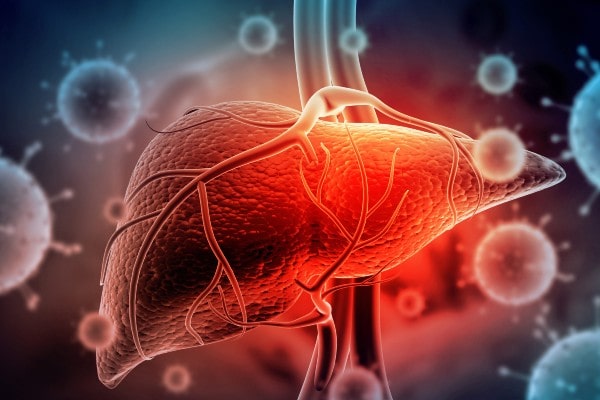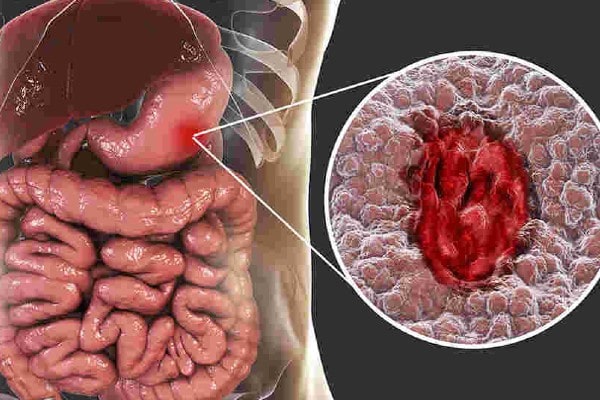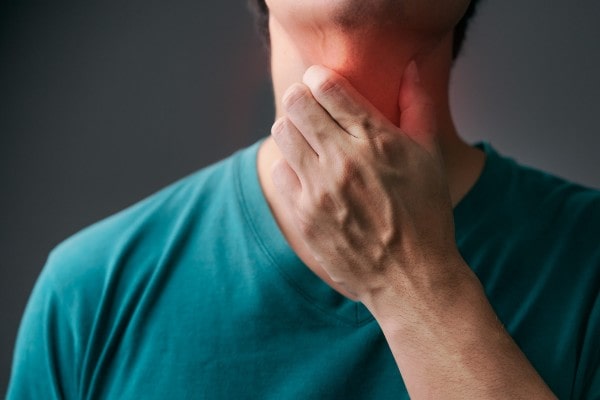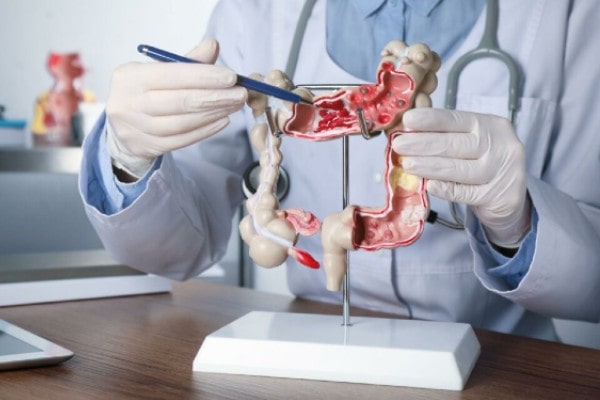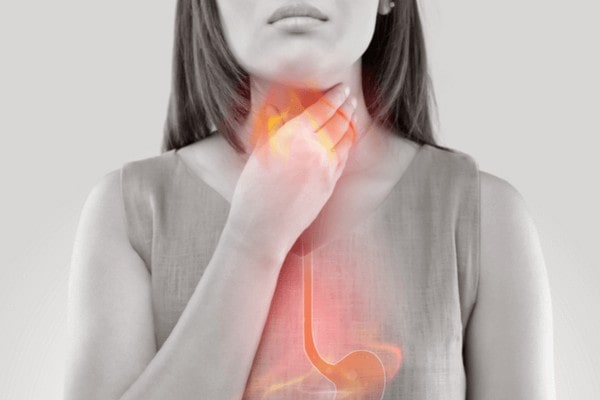What Your Poop Is Telling Us

You’re chronically dehydrated.
If your stools are hard, lumpy, or appear like pebbles every few days, you’re constipated. And one of the most significant factors in chronic constipation is dehydration — in other words, you’re not drinking enough water. I always tell my patients to aim for 64 fluid ounces of water daily.
You’re not properly absorbing nutrients.
Do you notice your poop floats in the toilet instead of sinking to the bottom? If this is your norm, you might not even know it’s a sign of an issue. But floating stool can indicate that you’re not absorbing nutrients properly, like fat. If left unaddressed, this can lead to chronic nutrient deficiencies that can increase your risk for specific health issues, such as muscle wasting, reduced immunity, and consequences for your eyes, bones, skin, and hair.
You have an underlying gut health issue.
The colour of your poop can be a helpful indicator of an imbalance in the gut microbial ecosystem. For example, greenish poop can indicate a bacterial or viral infection or parasite. Red poop can mean issues like haemorrhoids, fissures, or serious illnesses like inflammatory bowel disease or colorectal cancer. If you’ve got red poop or blood in your stool, you must check it out immediately. Yellow or greyish poop can indicate that you’ve got an issue with your liver or gallbladder. See? There’s so much to learn!
You’re taking the wrong supplement.
Running to the bathroom five times a day without any other explanation could be a side effect of a supplement or medication you’re taking, such as magnesium. In certain forms, magnesium can act as a laxative and draw high amounts of water into the intestines, leading to cramping, bloating, and diarrhoea. If you’re taking magnesium to help you relax, opt for forms like magnesium glycinate and threonate instead of magnesium carbonate, chloride, gluconate, and oxide.
You’re not properly digesting your food.
When you look at your poop, are there pieces of food you recognize from the meals you ate? If this happens regularly, it could be a sign that you’re not properly breaking down your food. This typically means your body is not producing enough of the proper digestive enzymes. I see this more often among my patients, so let’s dive into what digestive enzymes are following and why they’re so crucial for breaking down your food.
If you’re not already paying attention to your poop, it’s time to start. Failing to take note means you could be missing signs of struggling with poor food and nutrient breakdown, which can lead to nutrient deficiencies and illness in the long term. Learn what our daily bathroom habits can tell us about our health: Consult Dr Aditya Shah, a top Gastroenterologist in Chennai if you have digestion problems.














